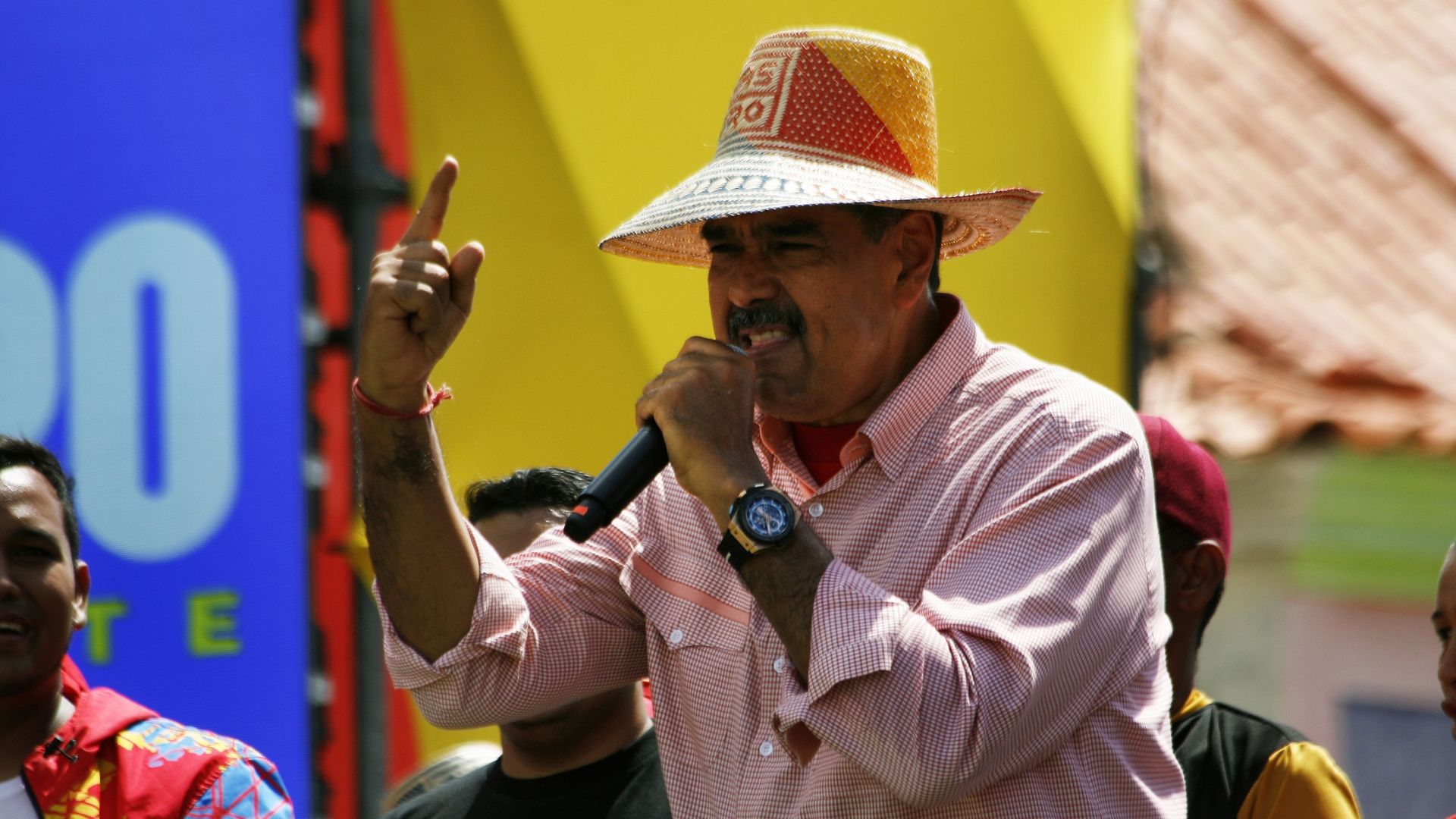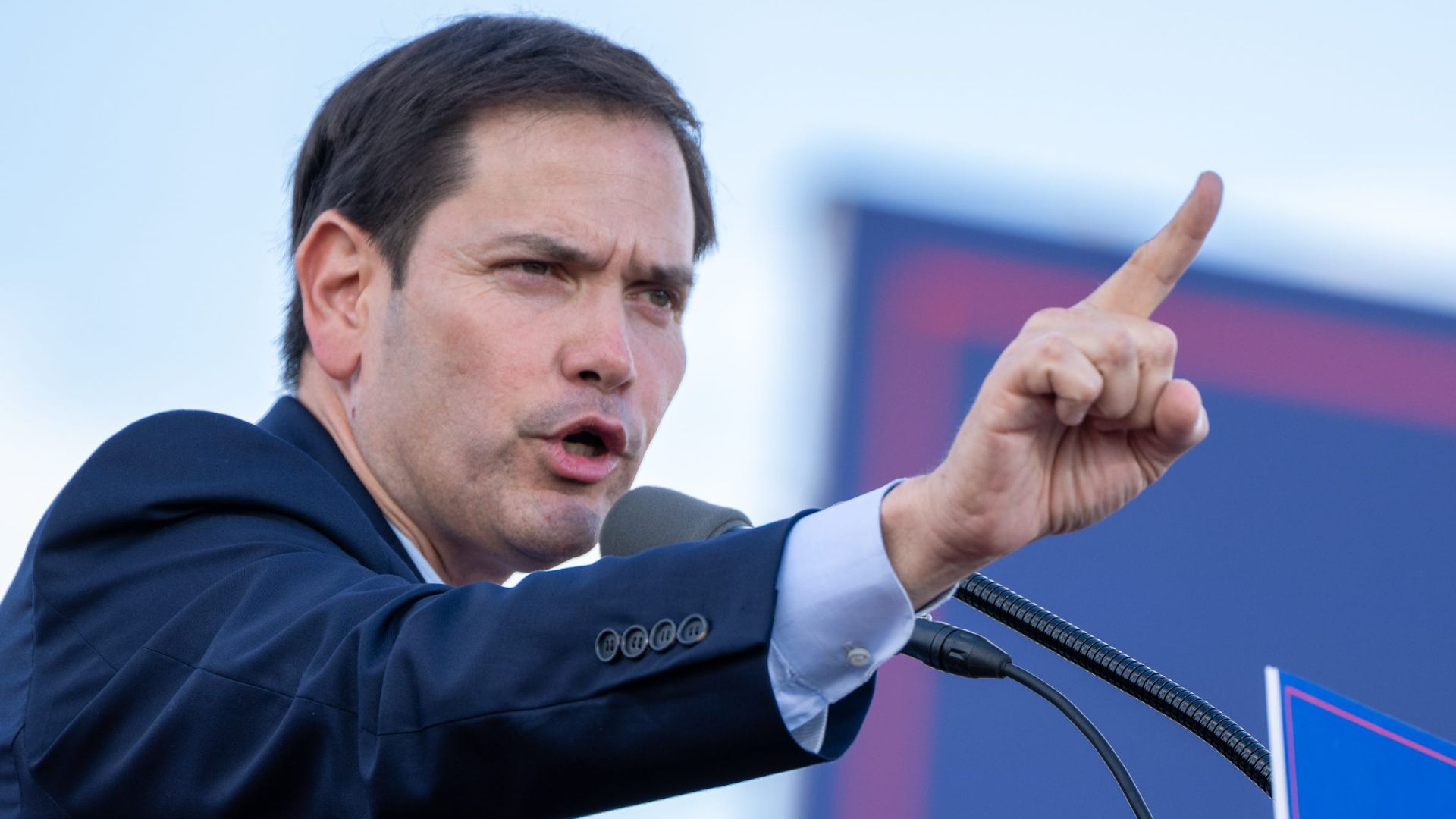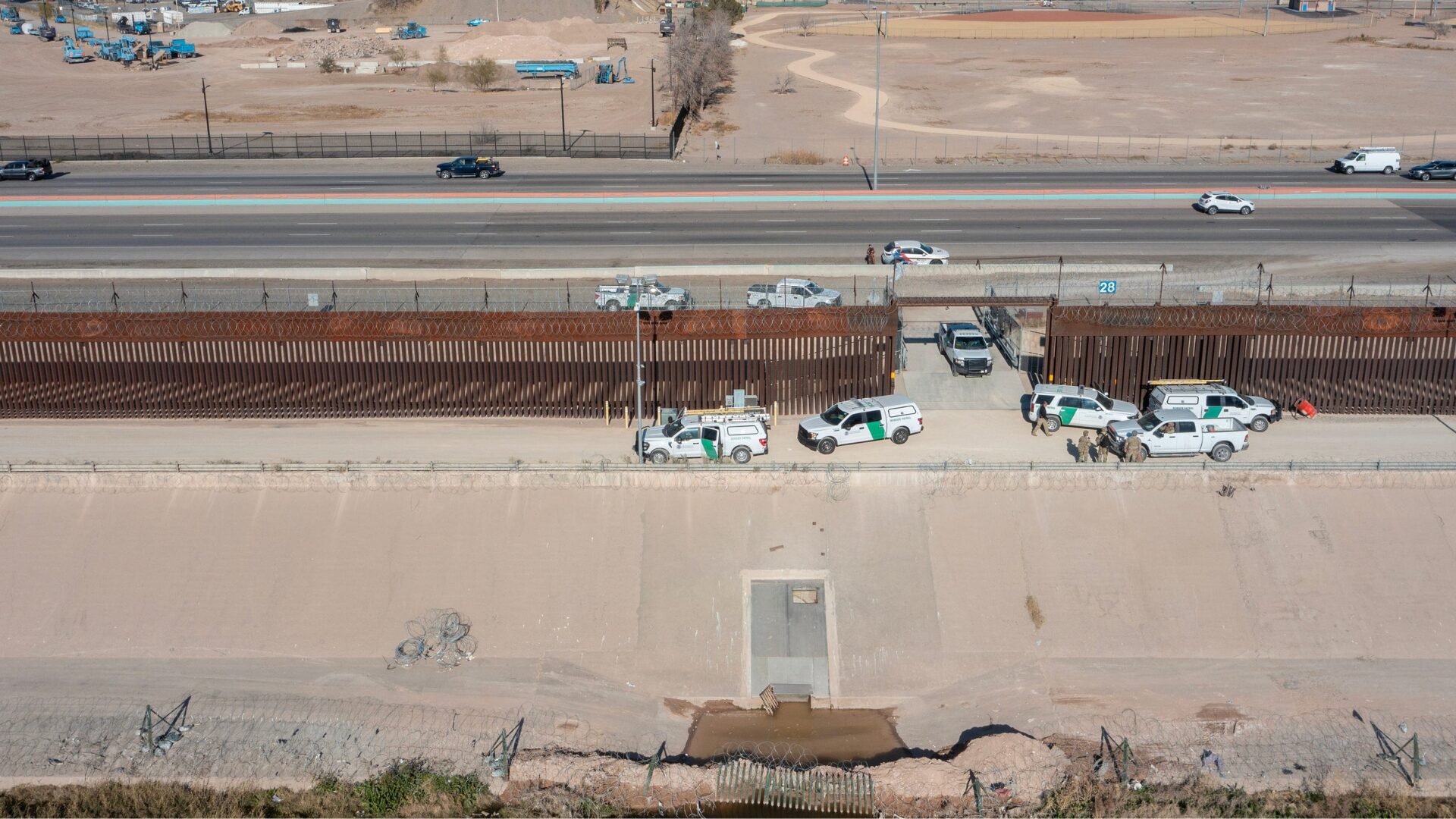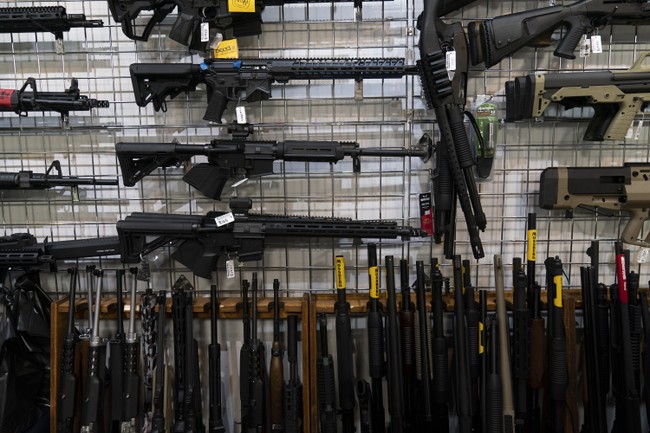President Donald Trump has signed a directive authorizing the U.S. military to target select Latin American drug cartels designated as foreign terrorist organizations, escalating his administration’s efforts against fentanyl trafficking and transnational criminal gangs, as reported by The Gateway Pundit.
The move reframes cartel activity as a national security threat, giving the Pentagon expanded authority to act both domestically and abroad.
The directive follows an executive order issued at the start of Trump’s second term, instructing the State Department to designate cartels and transnational gangs as foreign terrorist organizations.
Trump’s Sovereign Wealth Fund: What Could It Mean For Your Money?
In February, the State Department named eight such groups, including MS-13 and Tren de Aragua. The list has since grown to include two Haitian gangs, Yemen’s Houthis, and Venezuela’s Cartel de los Soles.
The Treasury Department also designated the Venezuelan cartel, led by President Nicolás Maduro and senior officials, as a Specially Designated Global Terrorist entity. The administration doubled the reward for Maduro’s arrest to $50 million.

The U.S. has designated six major Mexican cartels as foreign terrorist organizations: the Sinaloa Cartel, Jalisco New Generation Cartel, Gulf Cartel, Northeast Cartel, United Cartels, and the Michoacán Family.
Secretary of State Marco Rubio explained that these designations shift the approach from law enforcement to national security, enabling the U.S. to use military and intelligence resources against the groups.
This Could Be the Most Important Video Gun Owners Watch All Year
“We have to start treating them as armed terrorist organizations, not simply drug dealing organizations,” Rubio said.

The order sets the stage for potential direct U.S. military operations, including naval missile strikes on cartel targets and expanded cooperation with Mexican authorities.
More than 10,000 service members are currently deployed to the U.S.-Mexico border, and the Pentagon has established three National Defense Areas in Arizona, New Mexico, and Texas to strengthen border security.

The Department of Justice has already applied the new designation in prosecutions.
In June 2025, it unsealed its first indictment under the framework, charging a Mexican national with providing material support to the Jalisco New Generation Cartel, including supplying grenades. A similar indictment was issued in May.
The administration has also invoked the Fentanyl Sanctions Act and the FEND Off Fentanyl Act to target cartel-linked financial networks.
On June 25, the Treasury’s FinCEN ordered U.S. banks to cut ties with three Mexico-based financial institutions accused of laundering millions for cartels and facilitating fentanyl production.

Mexican President Claudia Sheinbaum rejected any U.S. military involvement inside Mexico, stating Friday, “The United States is not going to come to Mexico with the military… We cooperate, we collaborate, but there is not going to be an invasion.”
She confirmed Mexico was notified in advance of the order but insisted it did not involve the deployment of U.S. troops on Mexican soil.
Critics in Washington have raised legal questions about the directive, including whether the president can order lethal action without congressional authorization.
Under the War Powers Resolution, a president can deploy forces abroad for 60 days, with a possible 30-day withdrawal period, without a formal authorization for the use of military force, provided Congress is notified within 48 hours.
TRUMP goes to WAR with CARTELS
LAND, AIR AND SEA strikes are on the table Trump’s given the military the green light to extinguish the cartels that are killing Americans. pic.twitter.com/GWApfAkJD6— NFSC Red Leaf Canada (@hli953777191713) August 9, 2025
Past presidents have used similar authority.
In 2011, President Obama authorized military intervention in Libya without congressional approval, and in 2014, ordered airstrikes against ISIS in Syria and Iraq without a new authorization, continuing combat operations for years under existing legal frameworks.
President Trump has stated that his administration will not tolerate the trafficking of fentanyl and the movement of cartel-linked gangs across the southern border, signaling that military force is now an option in dismantling their operations.
The opinions expressed by contributors and/or content partners are their own and do not necessarily reflect the views of LifeZette. Contact us for guidelines on submitting your own commentary.
Read the full article here


![Trump Approves Direct Military Action Against International Drug Cartels [WATCH] Trump Approves Direct Military Action Against International Drug Cartels [WATCH]](https://www.rvmnews.com/wp-content/uploads/2025/05/2025.05.25-12.29-rvmnews-68330d2f7b796.jpg)




![Quick-Thinking Couple Saves Kid During Roller Coaster Malfunction in Missouri [WATCH] Quick-Thinking Couple Saves Kid During Roller Coaster Malfunction in Missouri [WATCH]](https://www.rvmnews.com/wp-content/uploads/2025/11/2025.11.05-02.03-rvmnews-690b591f596f4.jpg)




